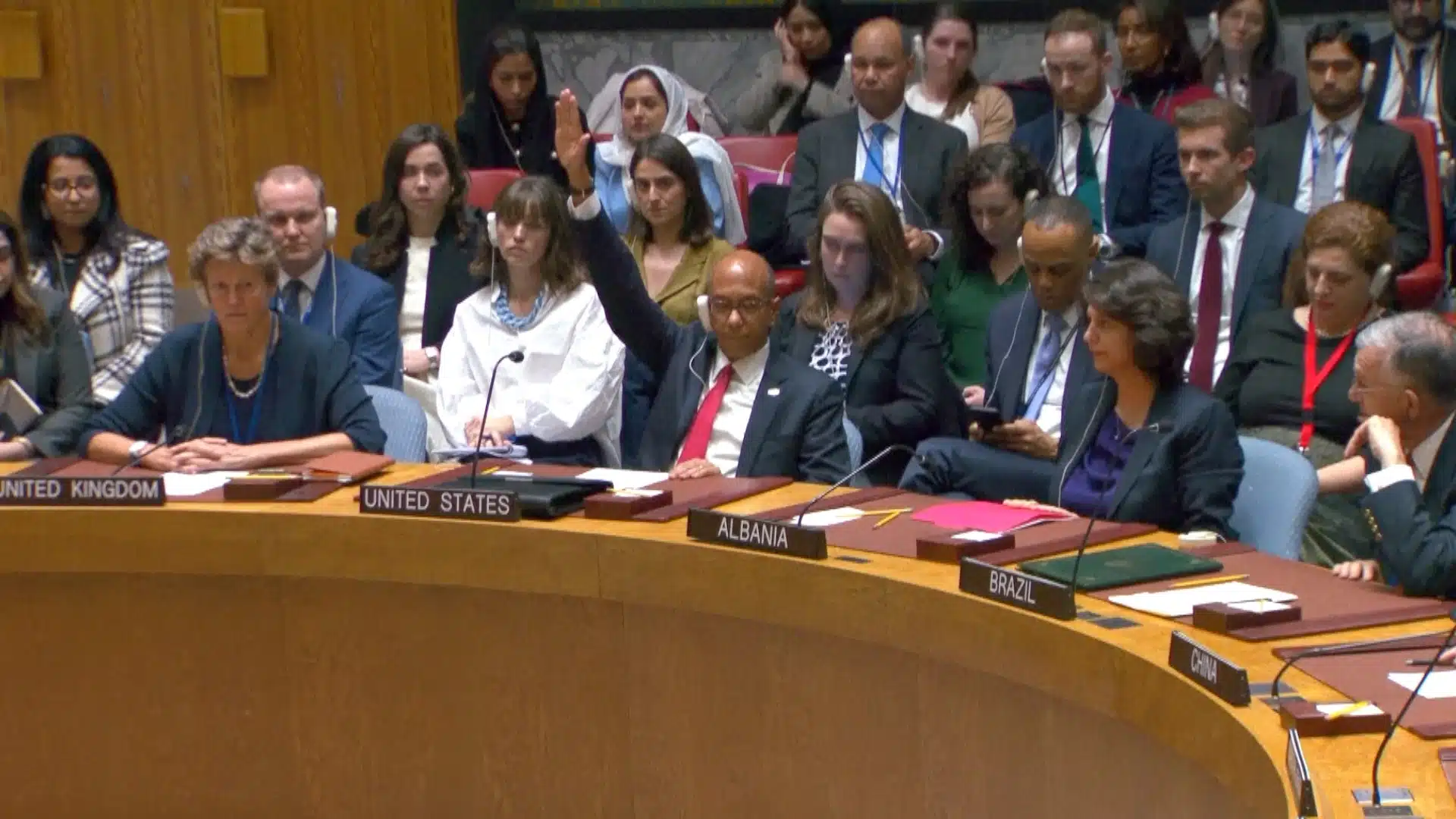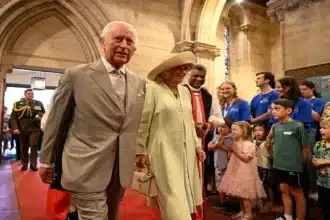In a recent move that has drawn sharp criticism from various corners of the international community, the United States vetoed a United Nations resolution calling for an immediate cease-fire in Gaza. The resolution, which was backed by Arab nations, aimed to halt the ongoing conflict, but the U.S. stance has led to accusations of exacerbating an already volatile situation.
China’s Stance
China has been particularly vocal in its criticism of the United States, accusing it of sending the “wrong message” to the world and contributing to a deterioration of the situation in Gaza. The Chinese envoy to the U.N., Zhang Jun, expressed a strong stance on the matter, stating, “Under the current circumstances, remaining passive and evasive on the issue of an immediate cease-fire is tantamount to giving the green light for continued killing.” This strong rebuke highlights China’s position that immediate action is necessary to prevent further loss of life.
International Reactions
The veto has not only elicited reactions from China but also from other global powers such as Russia and Saudi Arabia, both of which have criticized the U.S. decision. Conversely, diplomats from France and Qatar have expressed regret over the inability of the U.N. Security Council to reach a consensus on the issue. The vote outcome in the 15-member council was 13-1 in favor of the resolution, with the U.S. being the sole veto and Britain abstaining from the vote.
Also Read: Taiwan’s Defense Ministry Stands Firm: Navigating Rising Tensions with China
Humanitarian Concerns
Beyond the diplomatic sphere, humanitarian organizations have also raised alarms over the implications of the U.S. veto. Doctors Without Borders, for instance, has accused Washington of being “complicit in extending the suffering of Palestinian civilians” by blocking the resolution. This sentiment reflects a broader concern among aid groups about the dire humanitarian situation in Gaza, where civilians bear the brunt of the conflict.
Also Read: Iranian Oil Minister Blames Israel for Pipeline Strikes Amidst Ongoing Shadow Conflict
Implications of the Veto
The U.S. veto is significant not only for its immediate impact on the situation in Gaza but also for its broader implications for international relations and the dynamics within the U.N. Security Council. The decision underscores the deep divisions within the council on how to address the Israeli-Palestinian conflict and raises questions about the role of major powers in influencing the course of peace and conflict in the region.
Moving Forward
The international community continues to watch closely as the situation in Gaza unfolds. The U.S. veto has undoubtedly added a layer of complexity to the efforts to secure peace in the region. As criticisms mount, the focus remains on finding a path forward that can bring an end to the violence and alleviate the humanitarian crisis facing Palestinian civilians. The coming days and weeks will be crucial in determining whether diplomacy can pave the way for a cease-fire and a return to negotiations aimed at resolving the long-standing conflict.
In summary, the U.S. veto of the U.N. resolution calling for an immediate cease-fire in Gaza has sparked a wave of international criticism, highlighting the challenges of achieving consensus on the Israeli-Palestinian conflict. With accusations of complicity in the continuation of hostilities, the decision has implications for both the immediate situation on the ground and the broader landscape of international diplomacy.




